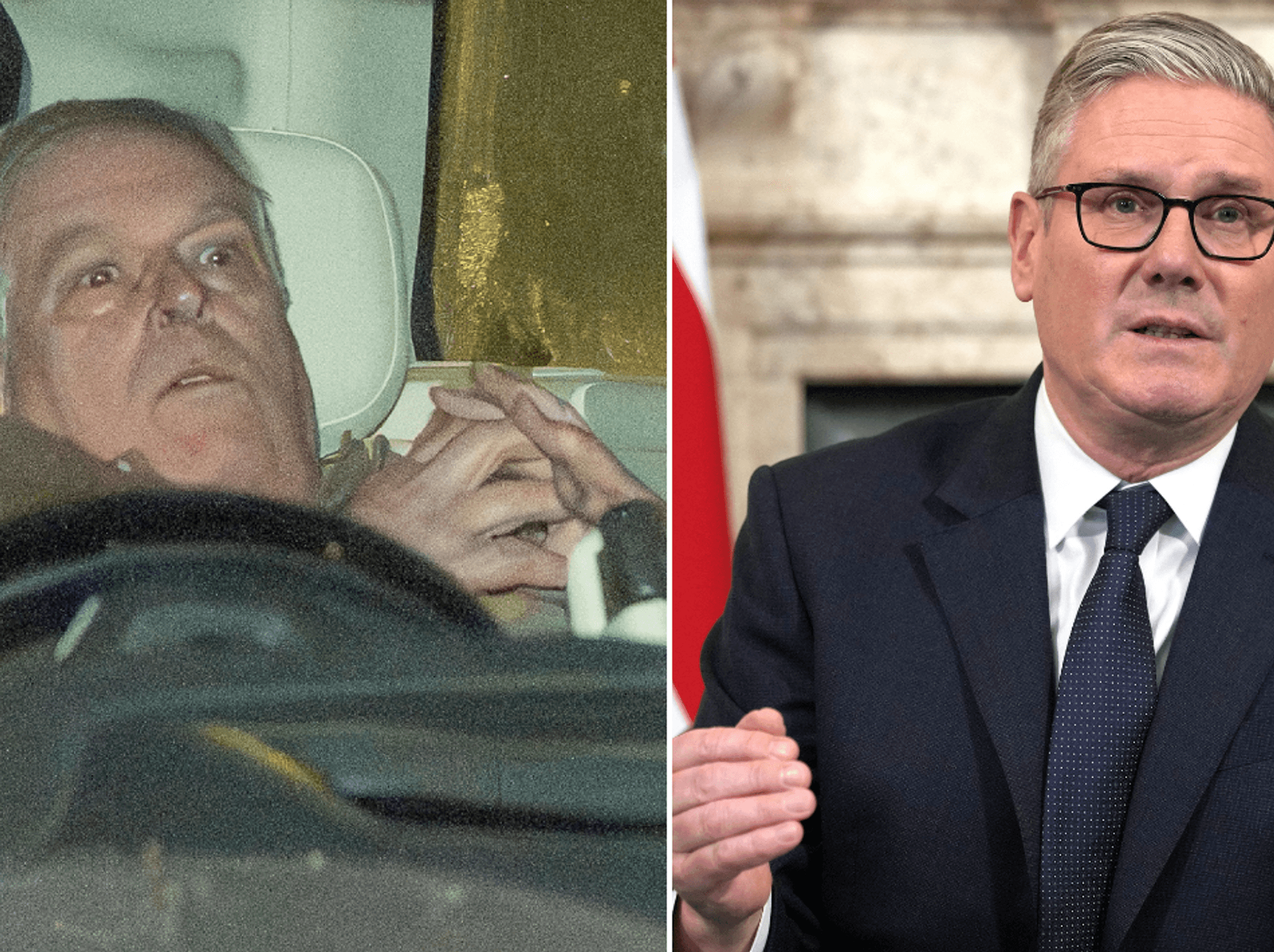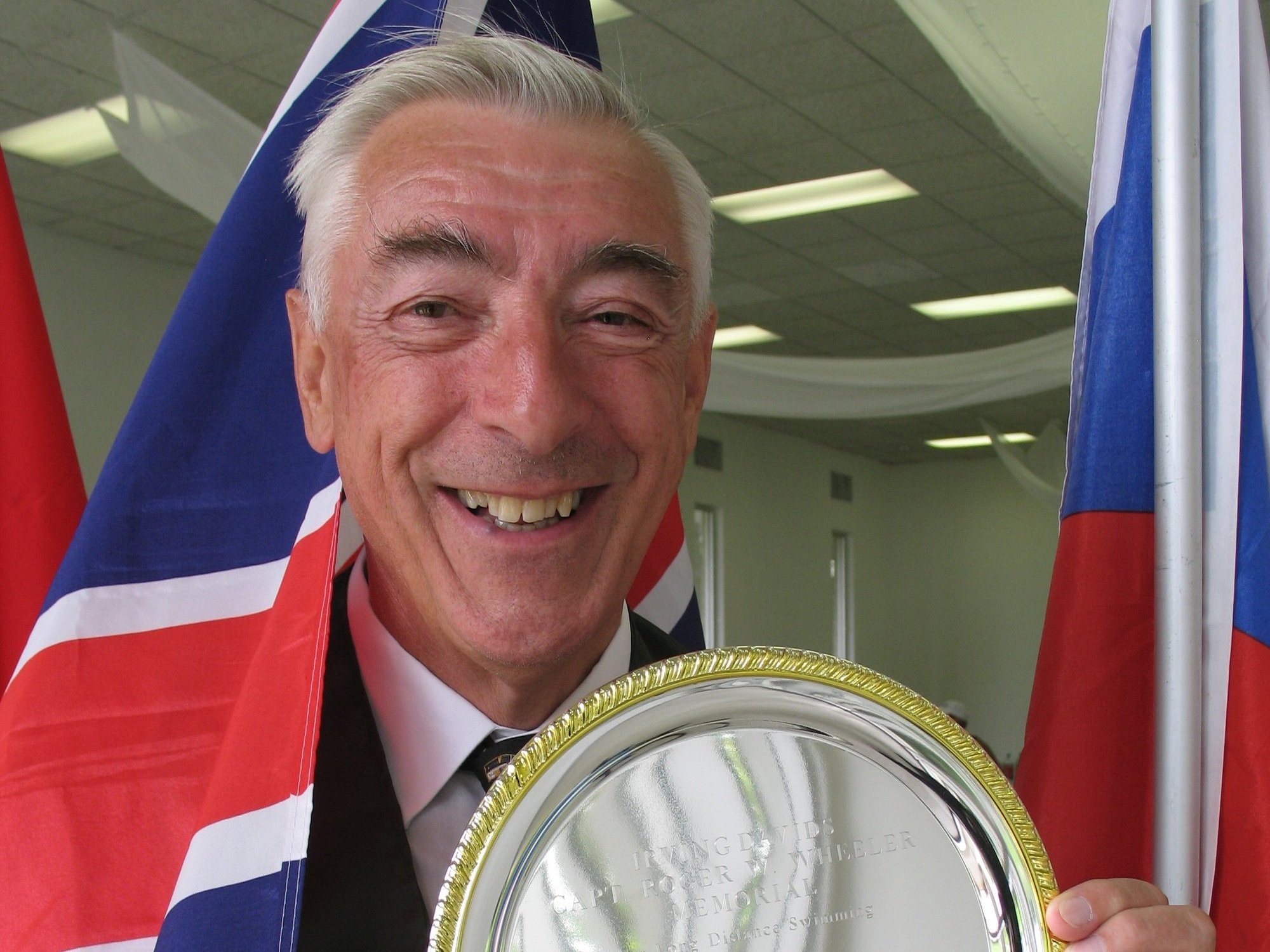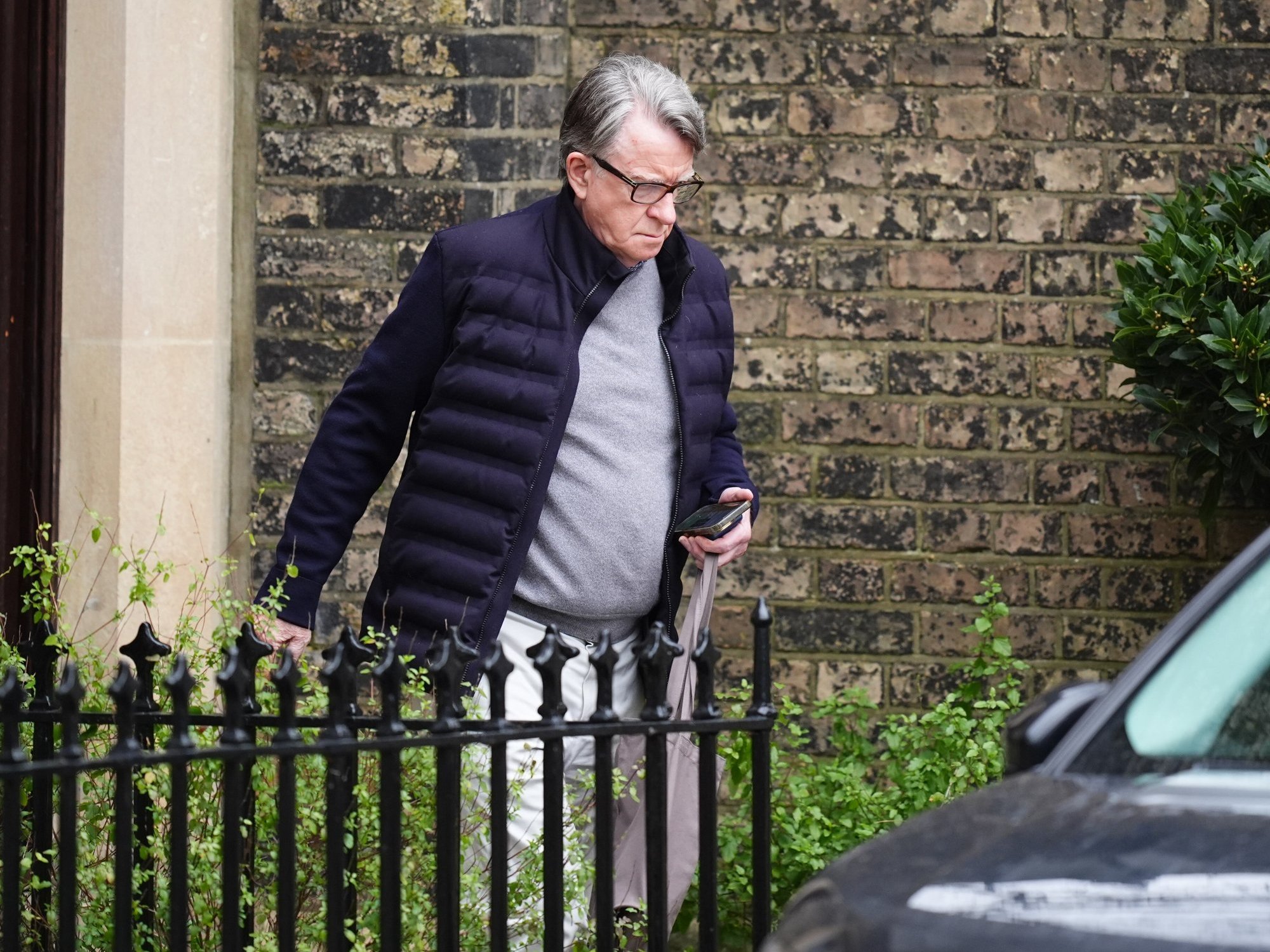British scientist awarded Nobel prize for quantum research
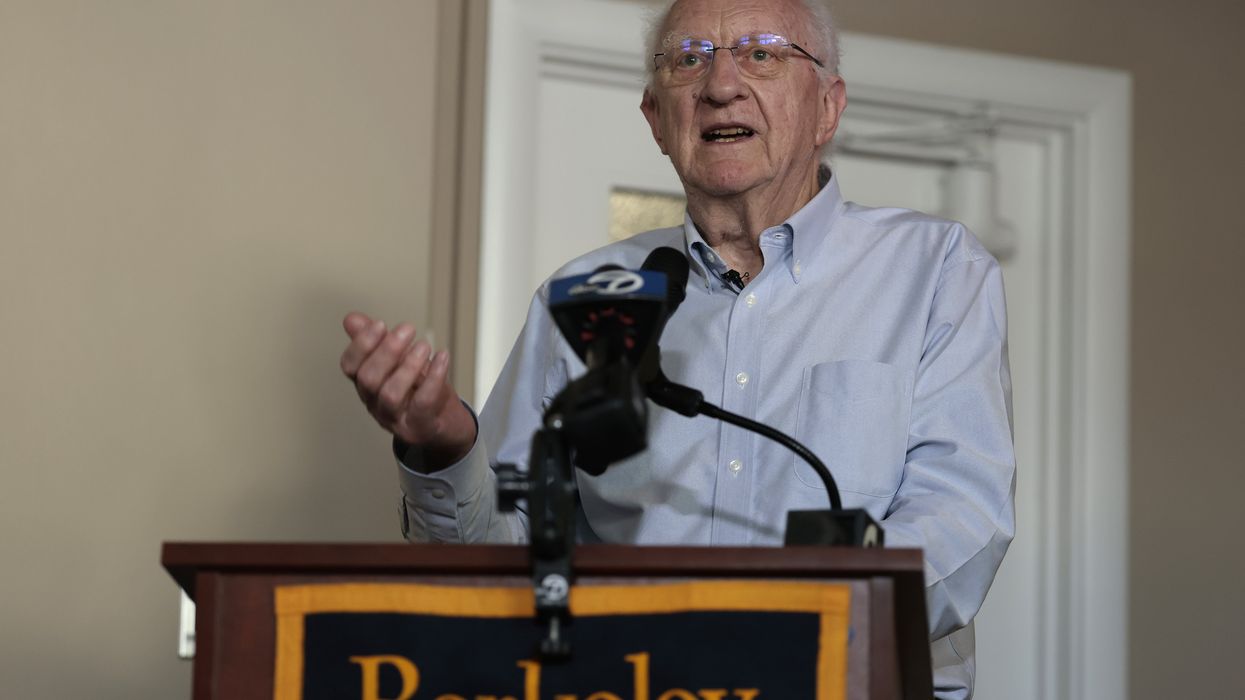
John Clarke was born on February 10, 1942 in Cambridge
|GETTY

The British physicist praised his fellow recipients
Don't Miss
Most Read
Trending on GB News
A physicist from Britain has been recognised with the Nobel Prize in Physics.
John Clarke joined Michel H Devoret and John M Martinis in receiving the prestigious award on Tuesday from the Royal Swedish Academy of Sciences in Stockholm.
The Briton, alongside his two international colleagues, was awarded for groundbreaking work on quantum tunnelling that underpins modern digital technologies.
The trio's pioneering research from the 1980s has proved fundamental to developments in quantum computing and other advanced technologies.
Their discoveries continue to influence cutting-edge fields including quantum cryptography, quantum computers and quantum sensors, according to the Nobel committee's announcement.
The three scientists will share the 11 million Swedish kronor award, equivalent to approximately £871,400.
Mr Clarke expressed complete astonishment at receiving the honour, he told reporters: "To put it mildly, it was the surprise of my life."
The British physicist praised his fellow recipients.
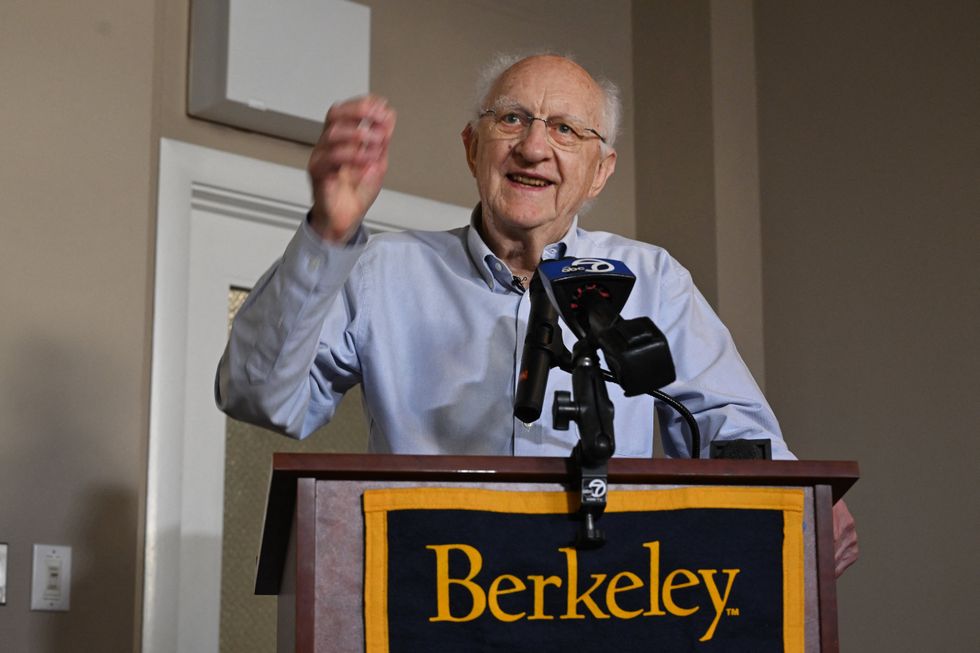
John Clarke has been recognised with the Nobel Prize in Physics
|GETTY
He said that "their contributions are just overwhelming."
Mr Clarke acknowledged some uncertainty about the immediate applications of their work.
He explained: "Our discovery in some ways is the basis of quantum computing. Exactly at this moment where this fits in is not entirely clear to me."
Nevertheless, he highlighted one concrete application: "One of the underlying reasons that cellphones work is because of all this work."
LATEST DEVELOPMENTS
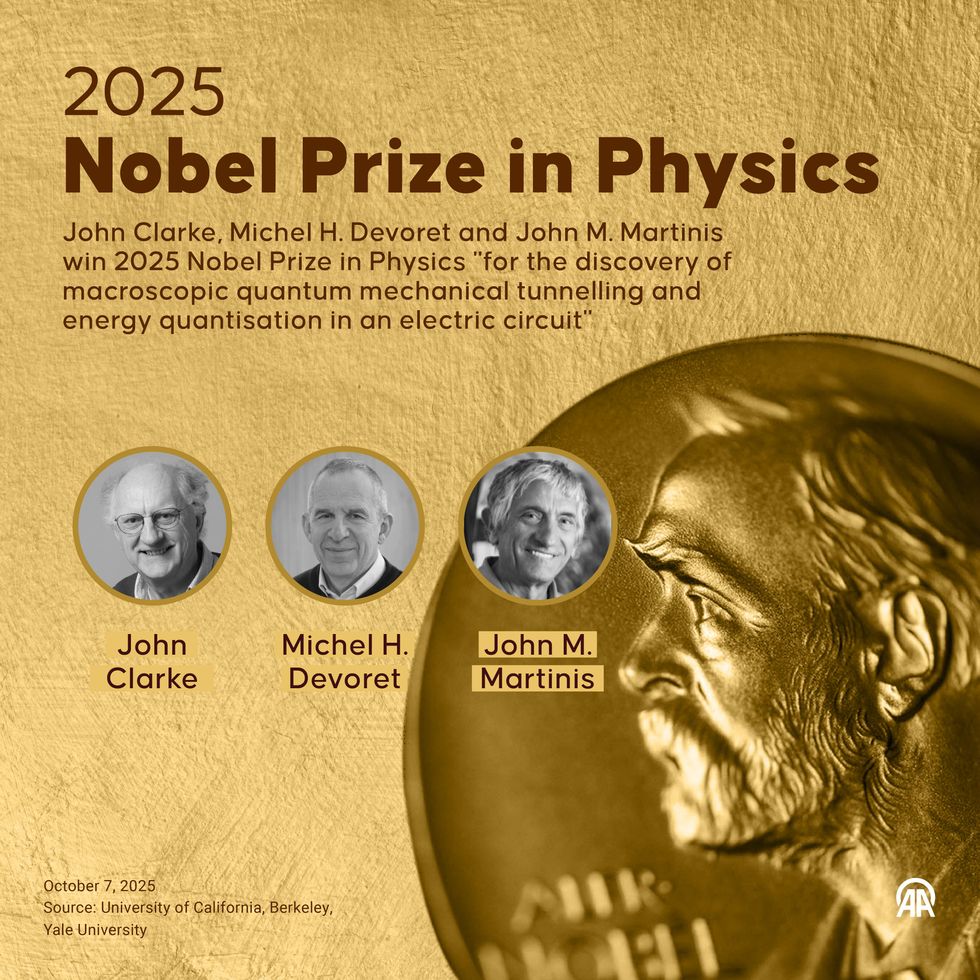
John Clarke joined Michel H Devoret and John M Martinis in receiving the prestigious award on Tuesday from the Royal Swedish Academy of Sciences in Stockholm
|GETTY
The laureates' research from four decades ago involved creating electrical circuits that exhibit quantum mechanical behaviour when cooled to temperatures approaching absolute zero.
This breakthrough enabled scientists to observe quantum mechanics on a macroscopic scale, according to Dr Eleanor Crane, a quantum computing specialist at King's College London.
Olle Eriksson, who chairs the Nobel Committee for Physics, emphasised the enduring significance of their work.
He said: "It is wonderful to be able to celebrate the way that century-old quantum mechanics continually offers new surprises.
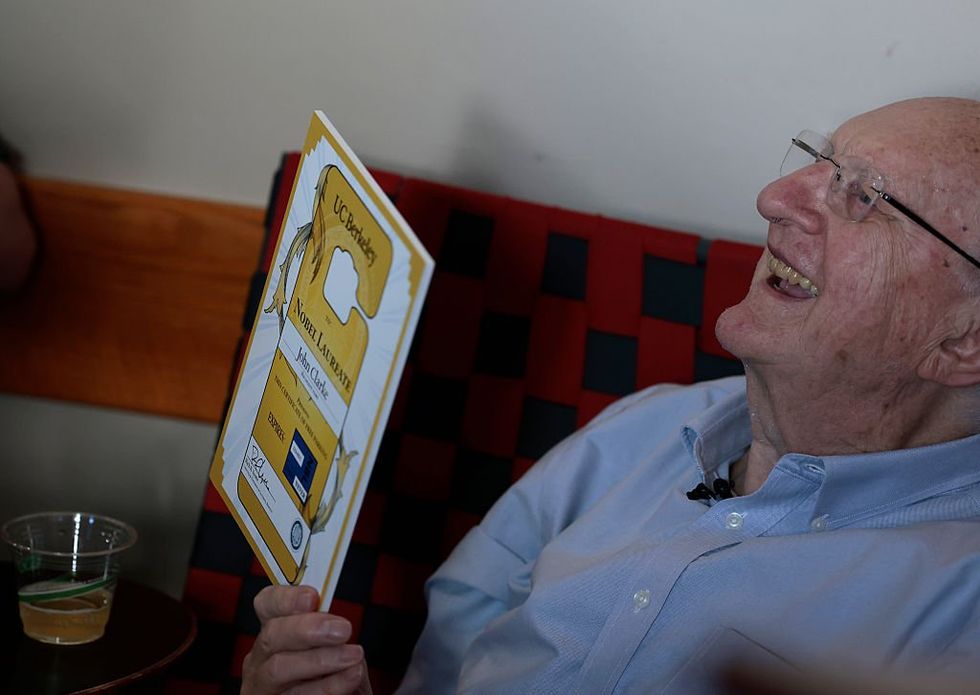
John Clarke expressed complete astonishment at receiving the honour
|GETTY
He added: "It is also enormously useful, as quantum mechanics is the foundation of all digital technology."
The research has established crucial foundations for superconducting quantum bits, which major technology firms, including Google, IBM, Alice and Bob, IQM, and Oxford Quantum Circuits, employ in their quantum computing systems, Dr Crane noted.
She cautioned, however, that "this Nobel Prize is not a statement about which quantum computing platform is the most promising - that is still an open question, with very impressive demonstrations being made in other platforms like neutral atoms and trapped ions."
Dr Mark Mitchison from King's College London's physics department observed that numerous contemporary advances in quantum computing have their roots in the trio's discoveries.
More From GB News





